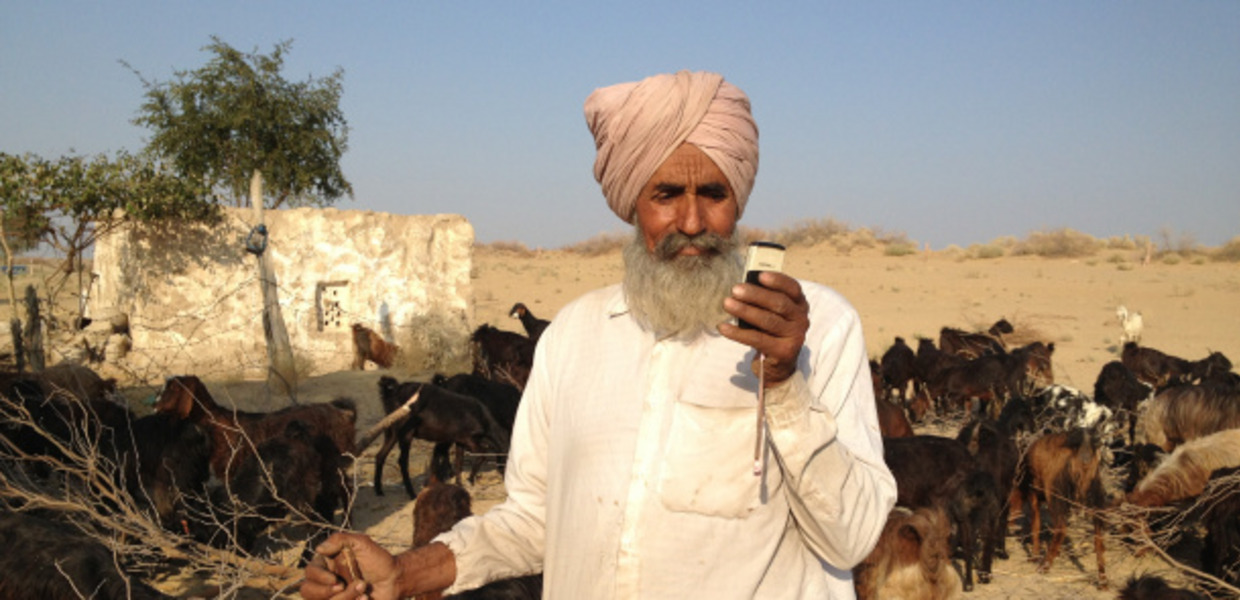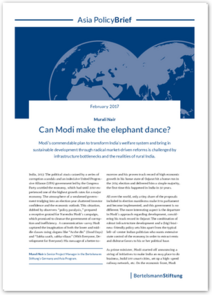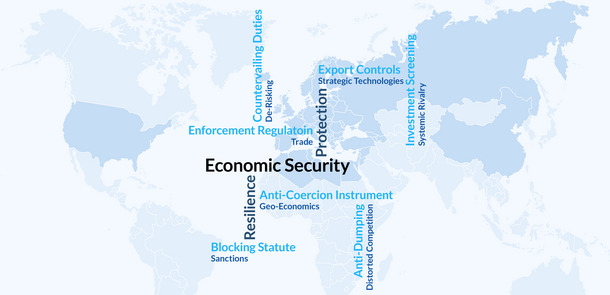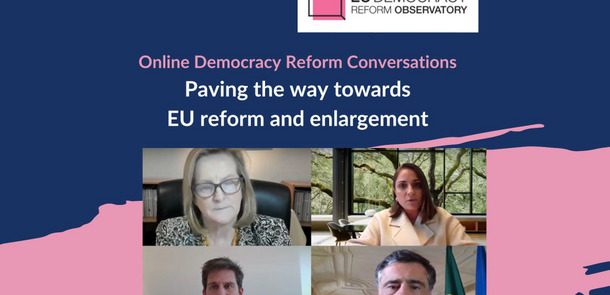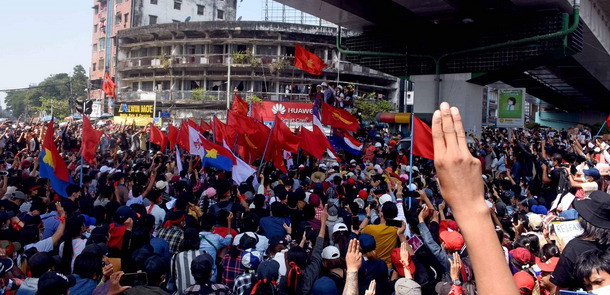Narendra Modi's commendable plan to transform India's welfare system and bring in sustainable development through radical market-driven reforms is challenged by infrastructure bottlenecks and the realities of rural India.
Narendra Modi captured India's imagination by promising rapid economic and social development and won the 2014 elections hands down. His market-oriented approach combined with a presidential style of functioning has accelerated the decision-making process and improved the business environment. On the social reform front, the Modi government announced a departure from previous ones by making a fundamental shift from an approach of entitlement to that of empowerment. This was to be achieved by focusing on making the delivery of public services more efficient and giving the market a bigger role in providing some of these services.
In our new Asia Policy Brief Murali Nair, Asia Expert at the Bertelsmann Stiftung, takes a closer look at the social policies of the Modi government. He argues that initiatives of the Indian government to improve financial inclusion like no frills accounts and mobile payment gateways etc. coupled with biometric verification systems would definitely help in improving citizen's access to markets and creating a more efficient bureaucracy. This combination of state-led modernization and opening the benefits of digital infrastructure to private enterprise fits in with Modi's stated policy of citizen empowerment combined with market access.
Yet despite accelerated decision making and a heavy dose of technology, one cannot expect the benefits to appear immediately. The reality of non-urban India lacking basic infrastructure and human development, but still constituting more than half of India's population is an acid test on Modi's plan to make India leapfrog into the 21st century. He has no choice but to continue the entitlement projects started by the previous government as most of the rural poor cannot be accommodated into the Indian economy, despite a 7 percent growth rate. For real social development to happen, basic social capital like education, health care and a responsive bureaucracy are prerequisites.
About our Asia Policy Briefs
In theAsia Policy Briefs renowned experts and authors from the Bertelsmann Stiftung analyze important developments in Asia and their consequences for Germany and Europe. The short briefing papers focus on current events as well as underlying trends in important Asian countries. All Asia Policy Brief editions can be downloaded here.
